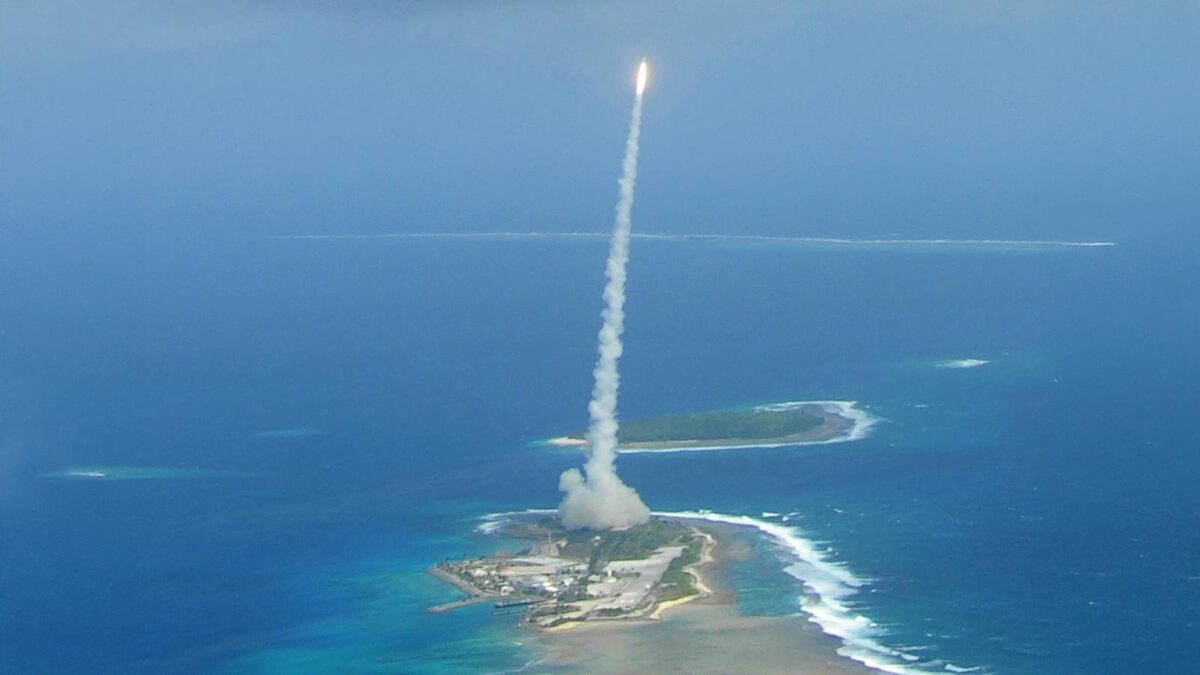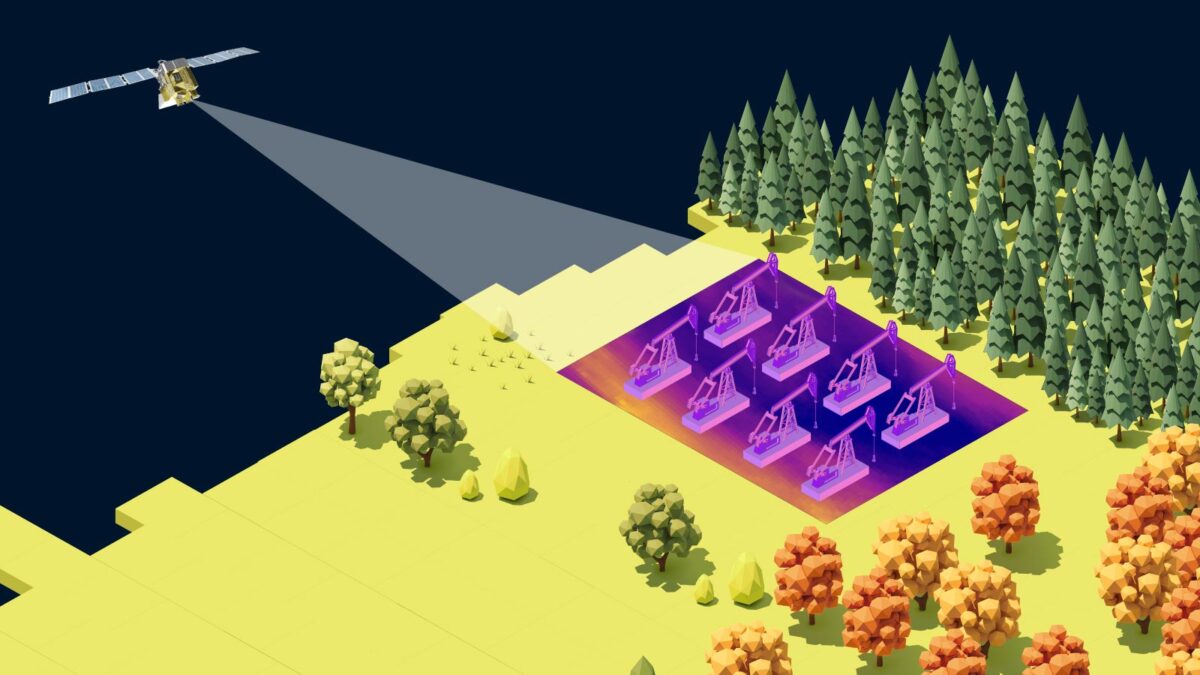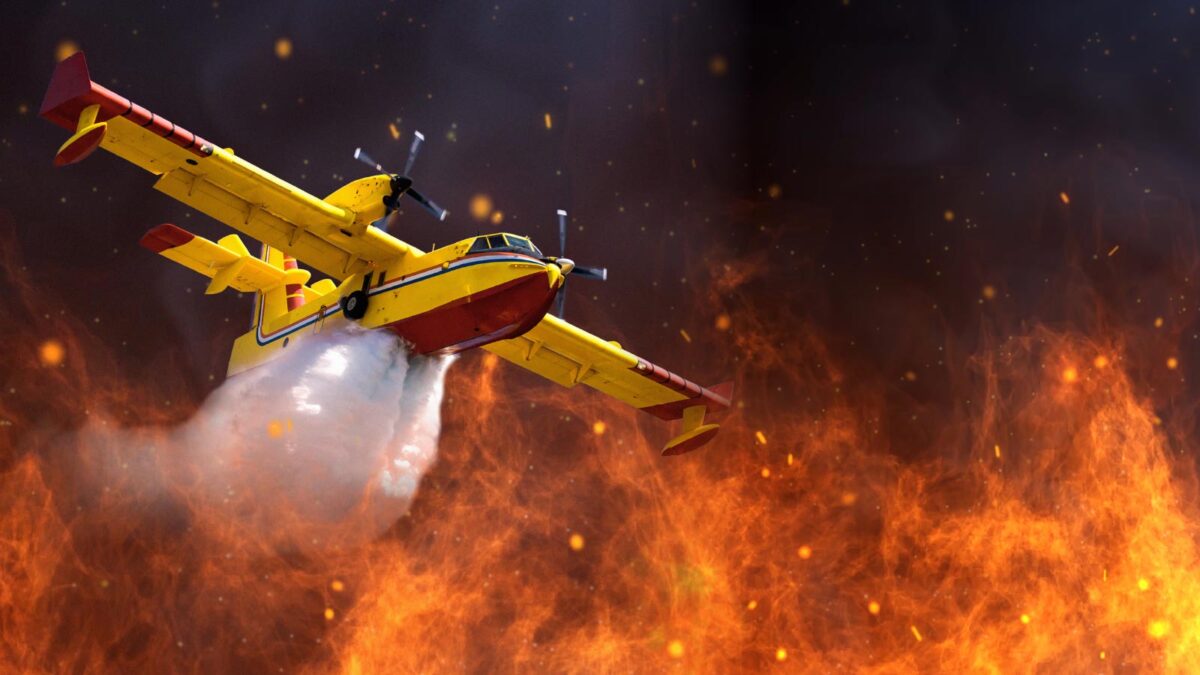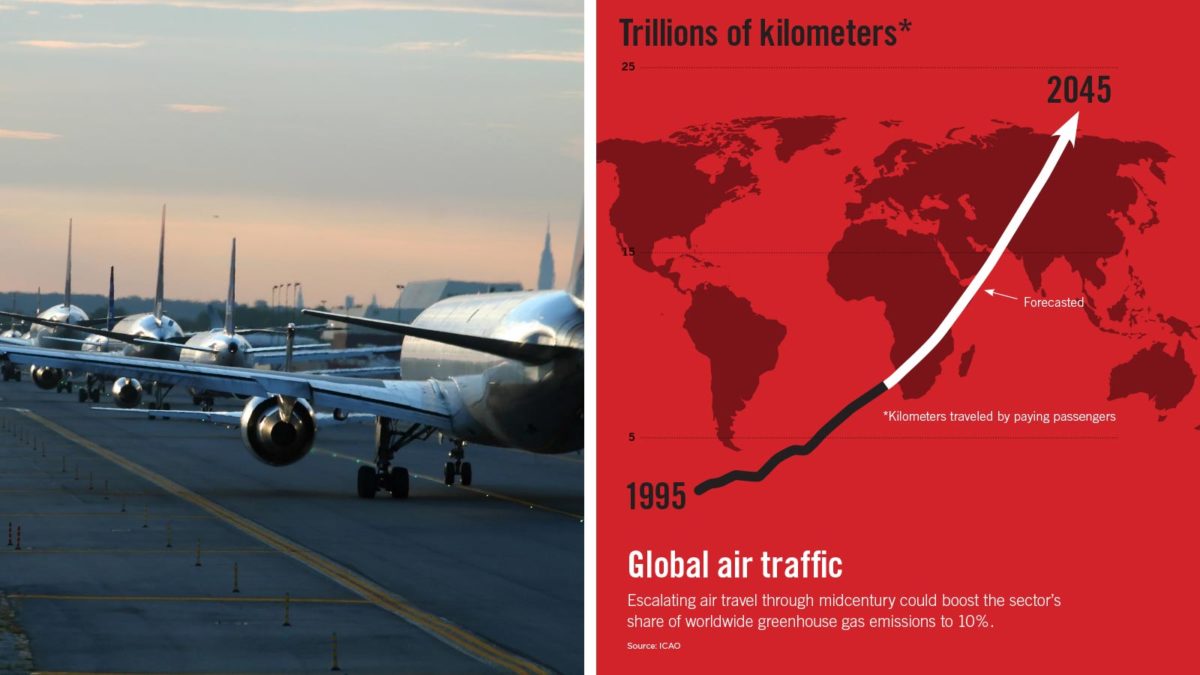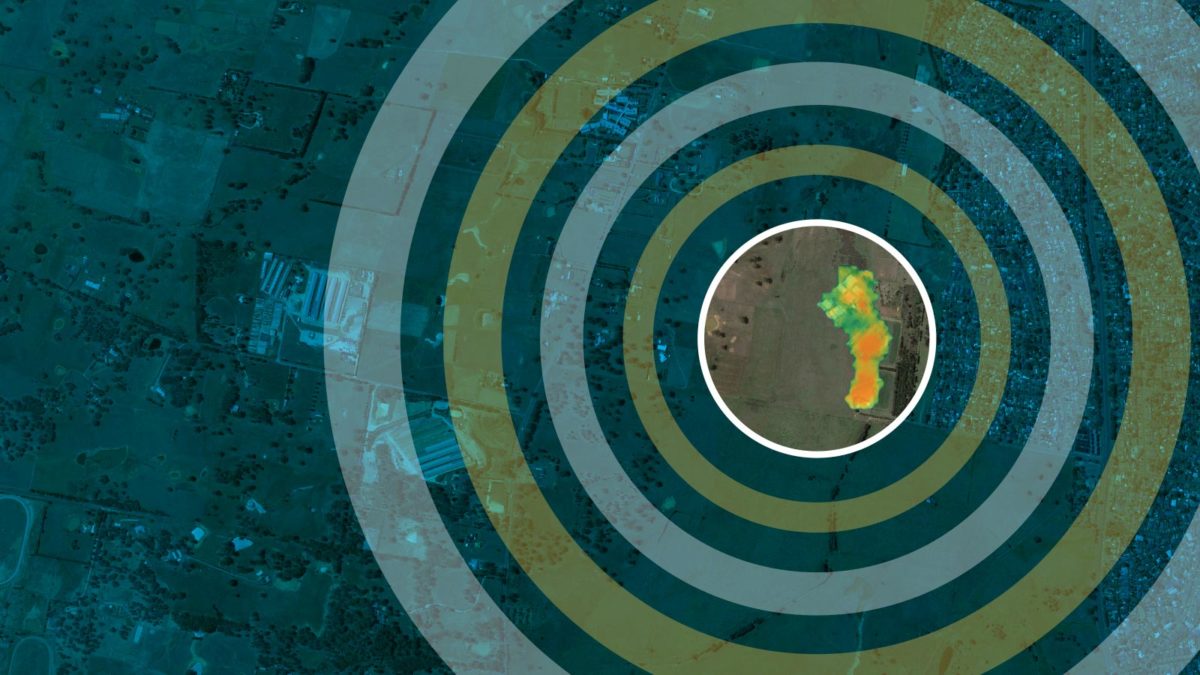By Mike Gruss and Cat Hofacker
January 1, 2025
The highest point on the Kwajalein island chain, home to the Ronald Reagan Ballistic Missile Defense Test Site, is Mount Olympus. Rising 17.5 meters above the Pacific Ocean, it illustrates a big problem facing the U.S. military: Arguably its most vital missile, hypersonics and space surveillance venue is uniquely vulnerable to the rising seas of climate change. Is it feasible to keep Kwaj running? We spoke to two U.S. Army colonels whose mission is making sure the answer is "yes."
May 1, 2024
For the aviation sector, shifting to sustainable biofuels and new battery technologies will bring positive climate impacts sooner than hydrogen. Former NASA scientist Dennis M. Bushnell provides his analysis.
By Hope Hodge Seck
April 1, 2024
Methane is invisible, odorless in low concentrations and a byproduct of raising cattle and drilling gas and oil for energy. The arrival of MethaneSAT in orbit last month has sparked new hopes among environmentalists that businesses will soon be held accountable for their methane emissions and that this will prompt them to improve their self-monitoring. Hope Hodge Seck looks at the fine points of identifying polluters from space.
By Keith Button
July 1, 2023
The growing frequency and intensity of wildfires has operators clamoring to increase the number of large air tankers in their fleets. Should they turn to refurbished civilian and military planes, or clean-sheet designs? Keith Button spoke to U.S. agencies, industry groups and aircraft developers about the ongoing debate.
By Ben Iannotta
November 1, 2022
By Cat Hofacker
April 1, 2022
Kate Calvin, NASA chief scientist and senior climate adviser
By Ben Iannotta
November 1, 2021
By Ben Iannotta
May 1, 2021
By Ben Iannotta
January 1, 2021
By Adam Hadhazy
July 1, 2020
Why are climate scientists so sure that our planet is in fact getting warmer? Adam Hadhazy went looking for answers.
By Ben Iannotta
April 1, 2020
By Adam Hadhazy
March 30, 2020
When the trend of air travelers feeling guilty about their carbon footprints first arose, it seemed to some in the U.S. that it could be a passing fad. Now it looks like flight shaming is not going away and could even begin impacting aircraft designs. Adam Hadhazy checks in with environmentalists and the aviation industry.
By Adam Hadhazy
February 1, 2020
No longer the sole purview of government space agencies and researchers, methane monitoring from space is emerging as a private-sector enterprise, with potential benefits for industry as well as climate science. Adam Hadhazy checks in with the market leaders.
By Christine Fisher
November 1, 2019
By Ben Iannotta
October 1, 2019
